TEMPO.CO, Jakarta - Anti-immigration sentiment is growing in Japan ahead of the upcoming leadership election to replace Prime Minister Shigeru Ishiba.
As reported by ABC News, hundreds of people gathered outside a train station near Tokyo to hear Sohei Kamiya, leader of the right-wing Sanseito Party, voice his criticism of Japan’s increasing immigrant population.
Kamiya defended his remarks against accusations of racism, claiming he was simply “talking common sense.”
“Why do foreigners come first when the Japanese are struggling to make ends meet and suffering from fear?” he said, as quoted by ABC News. “We are just saying the obvious in an obvious way. Attacking us for racial discrimination is wrong,” he added.
The Sanseito Party’s hardline stance, rooted in anti-globalism, anti-immigration, and anti-liberalism under the slogan “Japanese First”, has gained traction among disillusioned voters.
As living costs rise, wages stagnate, and economic uncertainty deepens, many Japanese citizens say they feel increasingly left behind.
“Many Japanese are frustrated by these problems, though we are too reserved to speak out. Mr. Kamiya is spelling them all out for us,” said retiree Kenzo Hagiya, one of the rally attendees. He added that the “foreigner issue” is one of his main concerns.
Japan’s Population Crisis and Economic Challenge
Japan is facing a looming economic crisis if it fails to address its shrinking workforce. A 2022 study by the Japan International Cooperation Agency (JICA) projected that the country will need 6.7 million foreign workers by 2040, about three times the current number, to maintain an annual economic growth rate of 1.24 percent.
Without additional labor, experts warn that key sectors such as agriculture, fisheries, and services could come to a standstill.
However, declining wages and limited diversity make Japan an increasingly unattractive destination for migrant workers.
Public sentiment toward immigration has also become more volatile. In September, Anadolu Agency reported that protests fueled by misinformation on social media, which falsely claimed an influx of African immigrants, led to the cancellation of a cultural exchange program between several Japanese cities and African nations.
The initiative, created by JICA, was suspended amid growing public backlash.
As Japan opens its doors wider to foreign labor to offset its aging population, anti-immigrant populism has begun to resonate with voters.
The number of immigrants in Japan reached 3.7 million in 2024, accounting for roughly 3 percent of the population.
Meanwhile, the number of foreign workers hit a record 2.3 million, tripling over the past decade.
Criticism of Japan’s Foreign Worker Program
Japan’s foreign labor program dates back to 1993, when the ruling Liberal Democratic Party (LDP) launched a job training initiative for foreign nationals.
While intended to fill labor gaps, critics say the program has often been exploitative, offering low wages and poor working conditions.
In response to mounting criticism, Japan plans to reform the system by 2027, giving workers greater flexibility and tightening oversight on employers.
“Many Japanese view immigrants as cheap labor who speak little Japanese, allow their children to drop out of school and live in high-crime communities,” said Toshihiro Menju, a professor at Kansai University of International Studies and an expert on immigration policy.
He explained that these biases stem from Japan’s “stealth immigration system,” which allows foreigners to live and work in Japan without adequate integration or public education efforts.
Japan’s Ruling Party Shifts Tone on Immigration
The LDP, traditionally pro-business and supportive of foreign labor, has also begun adopting tougher immigration rhetoric.
In the recent internal election, all five LDP candidates pledged to tighten immigration controls, despite the demographic challenges facing the country with the world’s fastest-aging population.
Kamiya himself has drawn inspiration from right-wing populist movements abroad. A vocal admirer of former U.S. President Donald Trump’s anti-globalism agenda, he previously invited conservative activist Charlie Kirk, a Trump ally, to Tokyo for a political forum.
He has also compared his Sanseito Party to Europe’s far-right groups, including Germany’s Alternative for Germany (AfD), France’s National Rally, and Britain’s Reform Party.
Editor’s Choice: Japan's Stocks Surge After Sanae Takaichi Wins Party Vote
Click here to get the latest news updates from Tempo on Google News





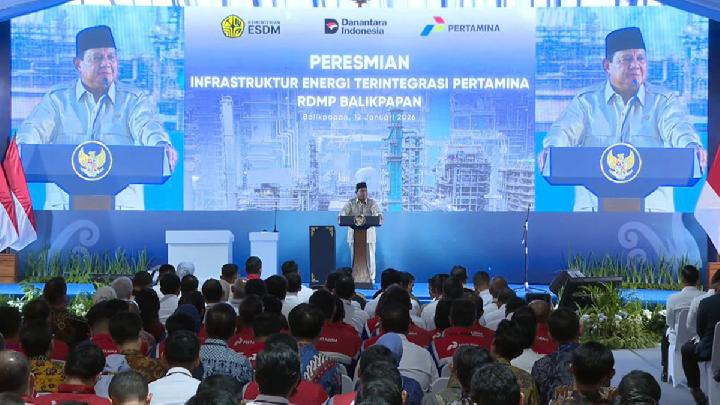





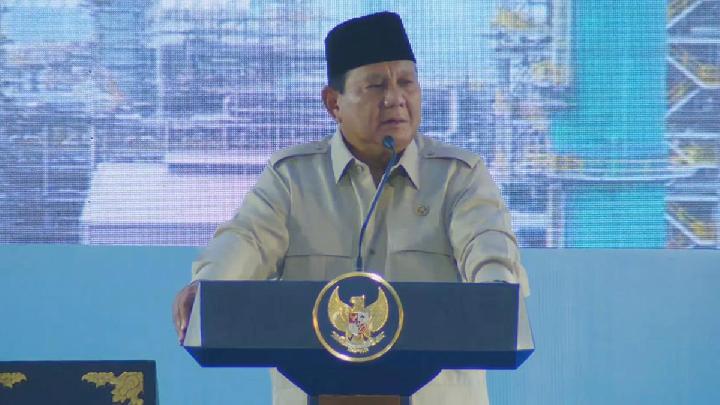




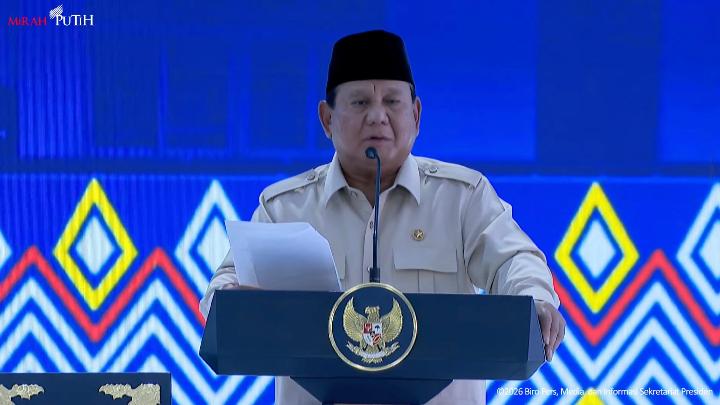


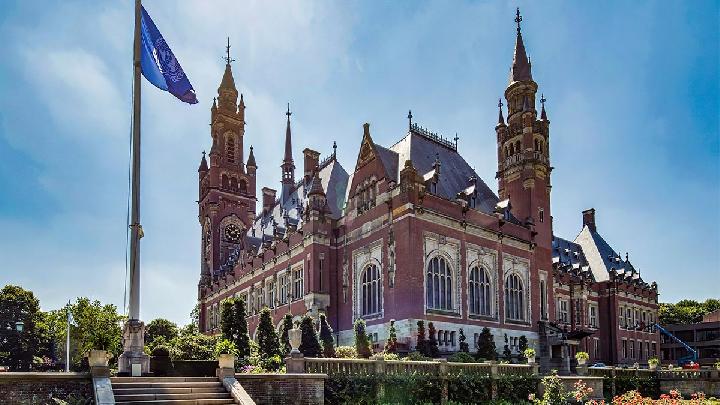













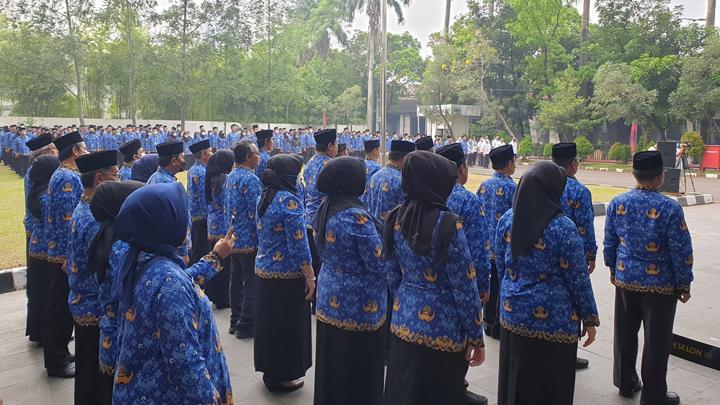

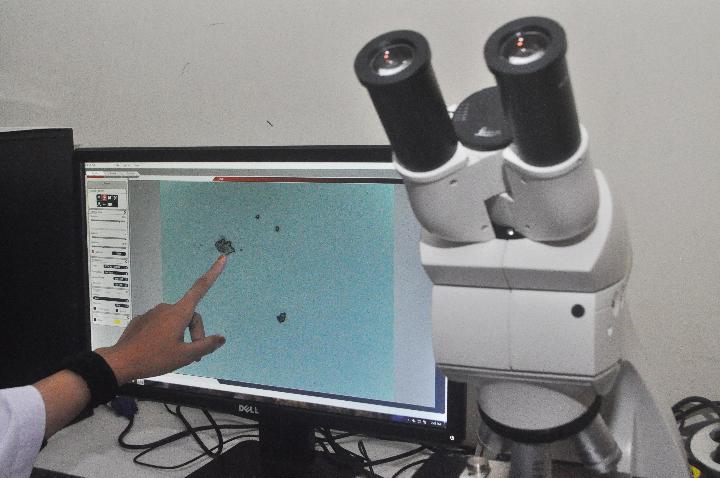


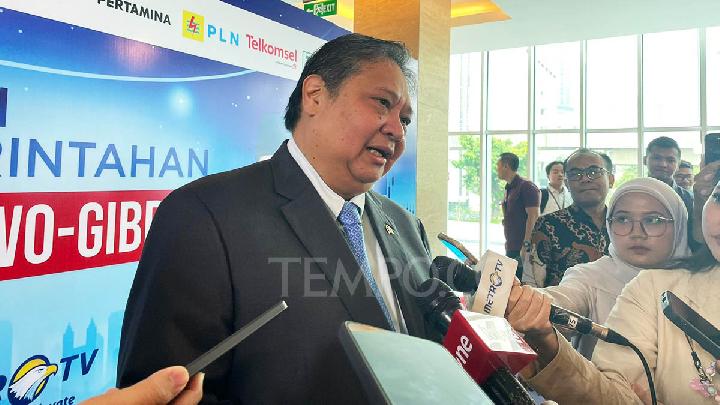



:strip_icc():format(jpeg)/kly-media-production/medias/5316291/original/015050100_1755231247-5.jpg)







